We’re excited to introduce you to the always interesting and insightful Charles. We hope you’ll enjoy our conversation with Charles below.
Charles, appreciate you joining us today. Can you talk to us about how you learned to do what you do?
I learned theater producing, directing, and acting by being a sponge for any and everything I could learn. I read as many books as I could, watched youtube videos, got coffees, went to many plays, watched old movies, watched interviews, read more books, anything I could do to become better at what I do. The most essential skill to being a theater producer is being patient with myself and others. Sometimes creativity and inspiration takes time and I found when I am patient with myself I am happier and more fulfilled as an artist and business owner. Many times the only thing preventing me from learning more is time. There are only so many hours in a day!

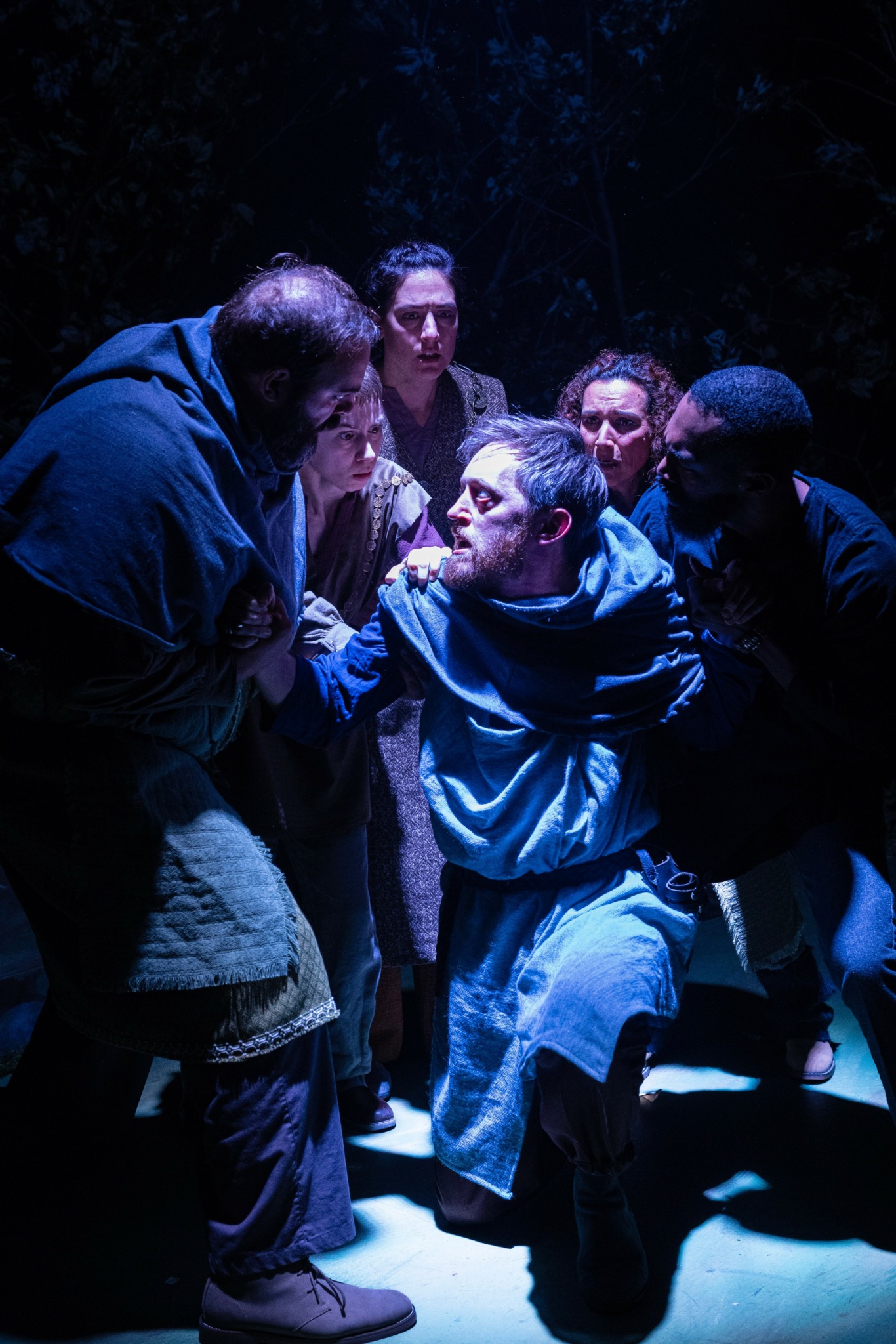
Charles, before we move on to more of these sorts of questions, can you take some time to bring our readers up to speed on you and what you do?
I am the Founding Artistic Director of Invictus Theatre. When I came to Chicago in 2010 I discovered I had a deep love and passion for theater and specifically heightened language based theater. Heightened language can be thought of as poetry and can encompass many classical playwrights such as William Shakespeare, but can also include modern and contemporary playwrights such as Anton Chekhov, Edward Albee, Lynne Nottage, Suzan-Lori, Parks, Arthur Miller, and many, many more. Heightened language on the stage excites me because it serves as a vessel for large feelings and large stakes. It forces artists and audiences to be vulnerable by sharing and putting words to the nuances of the human experience. Since its inception in 2017 Invictus has produced 18 main stage productions, 6 youth outreach productions, launched a series of heightened language acting classes, received 35 Joseph Jefferson Award Nominations, received 11 Black Theater Alliance Award Nominations, and received 5 Joseph Jefferson awards.
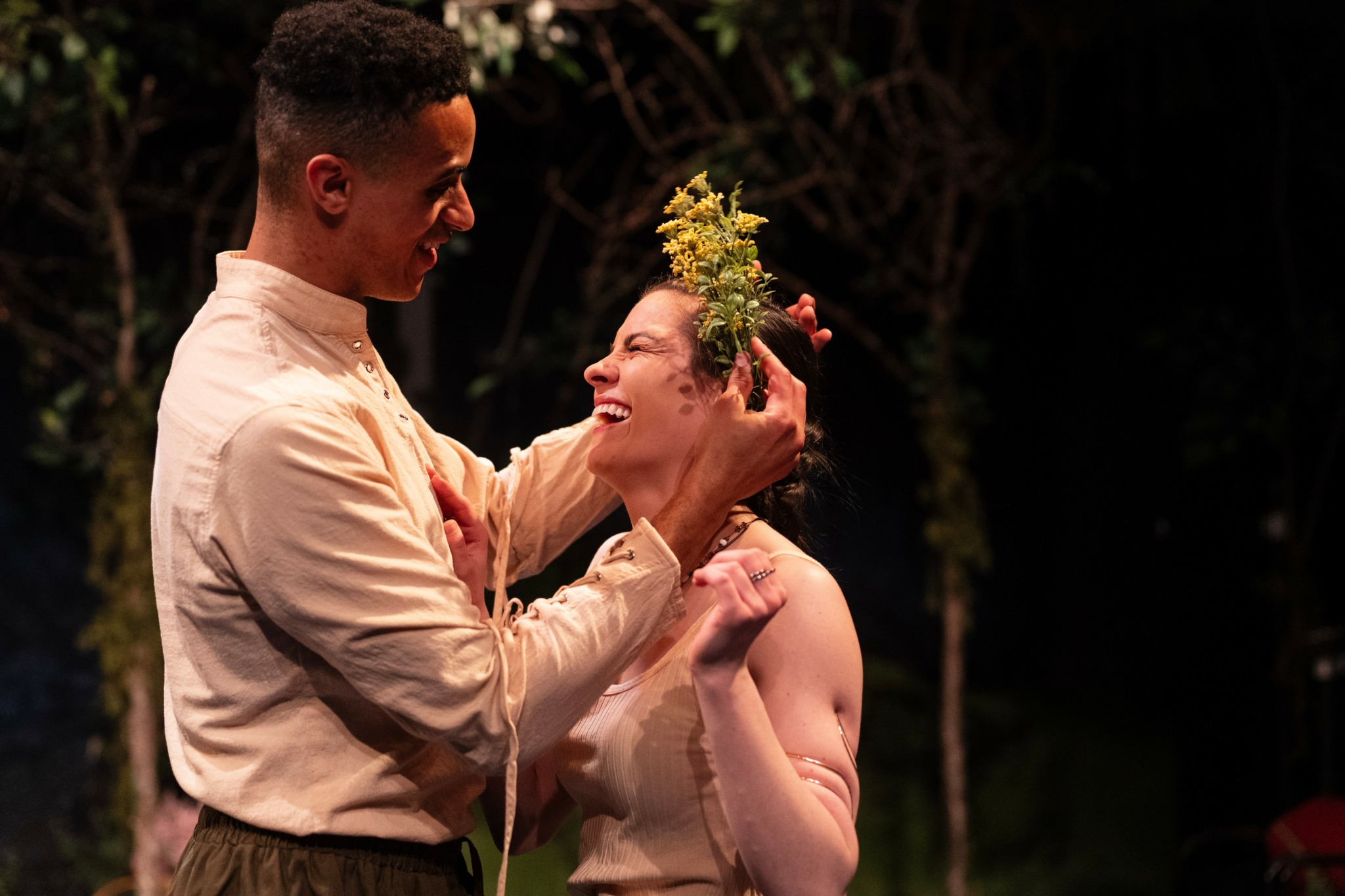
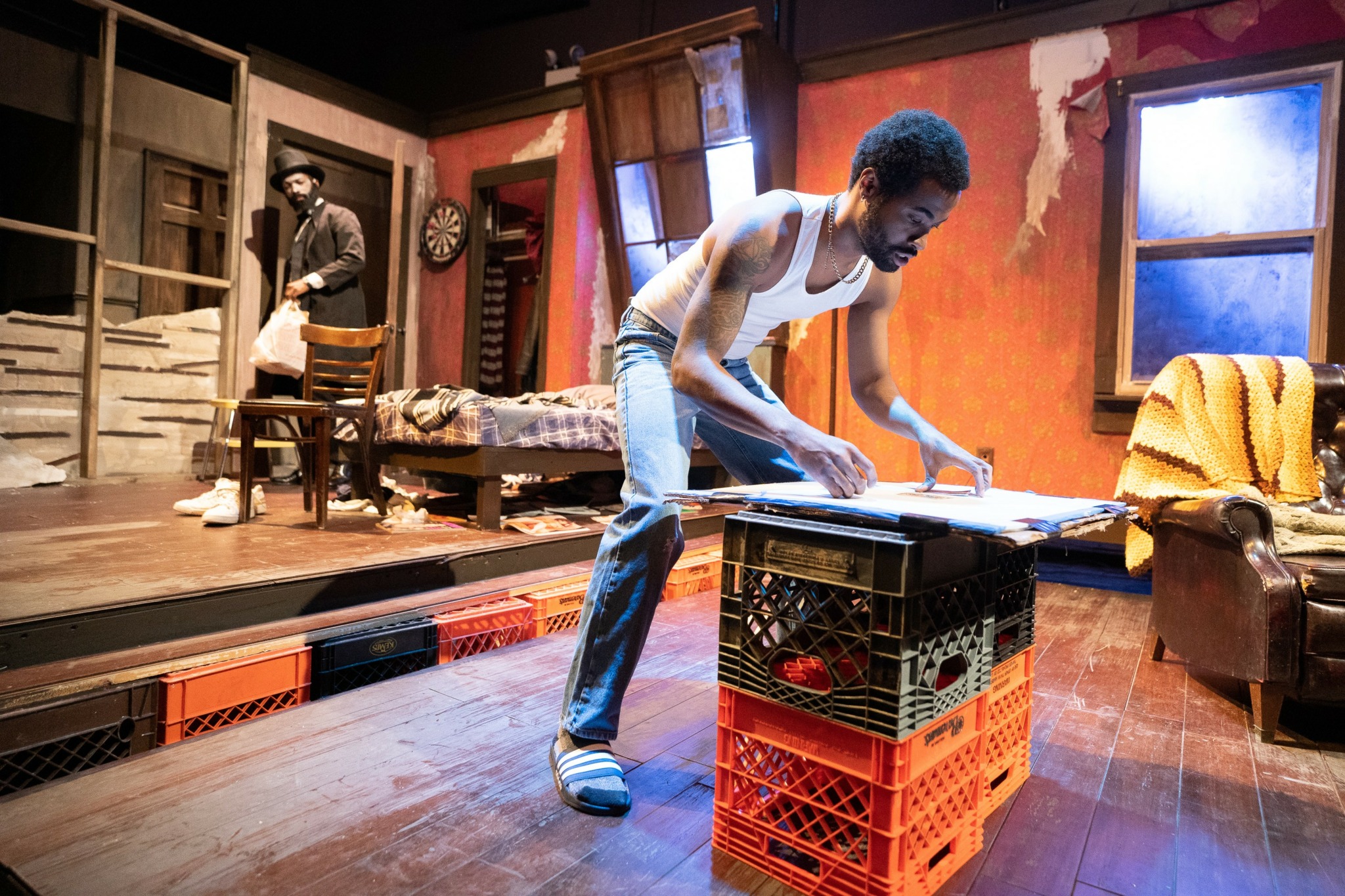
In your view, what can society to do to best support artists, creatives and a thriving creative ecosystem?
Money! Money! Money! Society can support artists by providing them resources to create! There is nothing glamorous about the “starving artist”. Artists need to eat, and they actually produce better art when they are not starving. If an artist is asking for a few bucks for a project, and you have the means, by all means send them a few dollars! If a theater is charging a set ticket price, pay the ticket price rather than looking for discounts! Donate to theaters and arts organizations! Programming revenue usually only covers about 30% of most non profit arts organization’s overhead. The rest comes from the support of individual donors and the rapidly dwindling world of foundation and government grants.
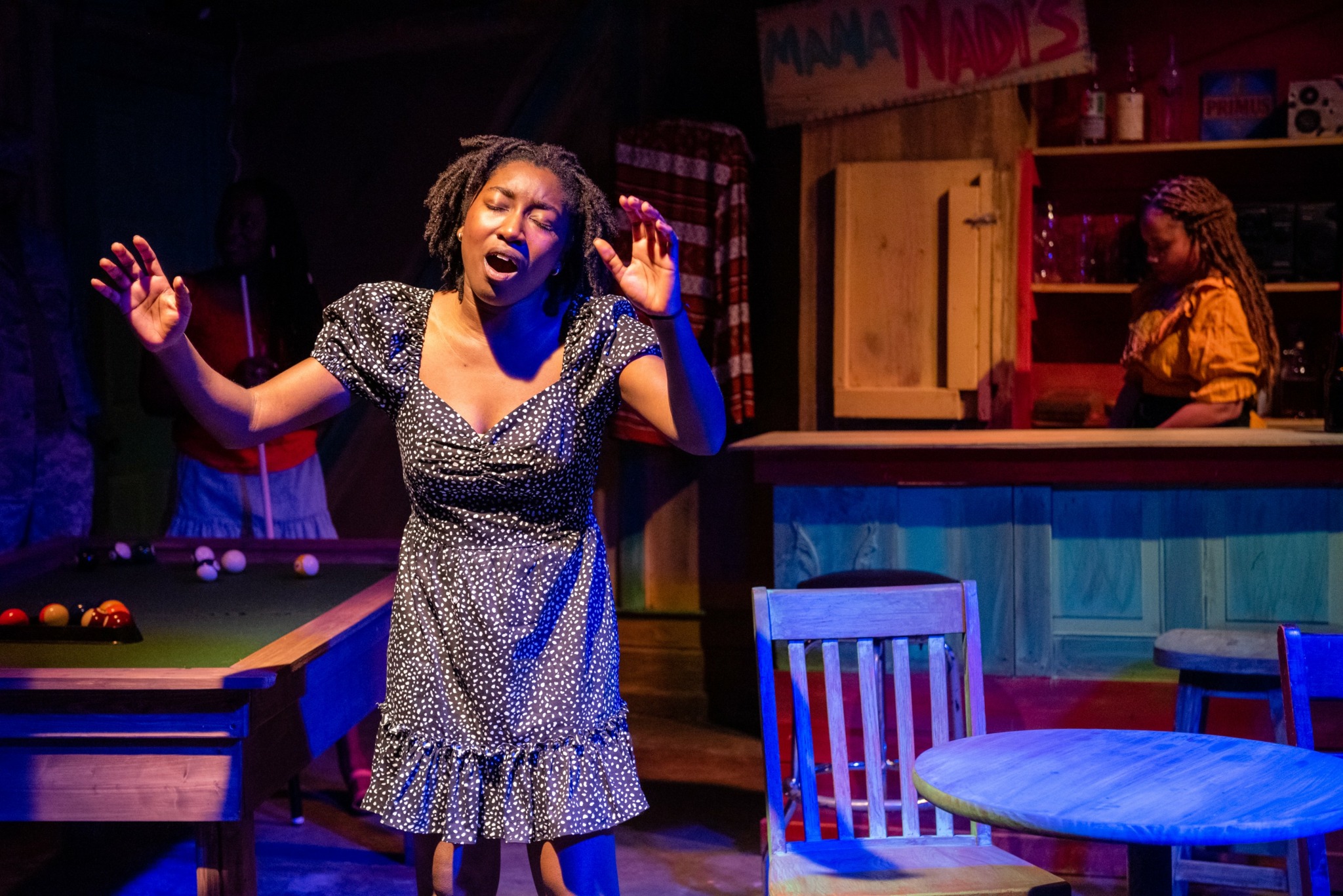
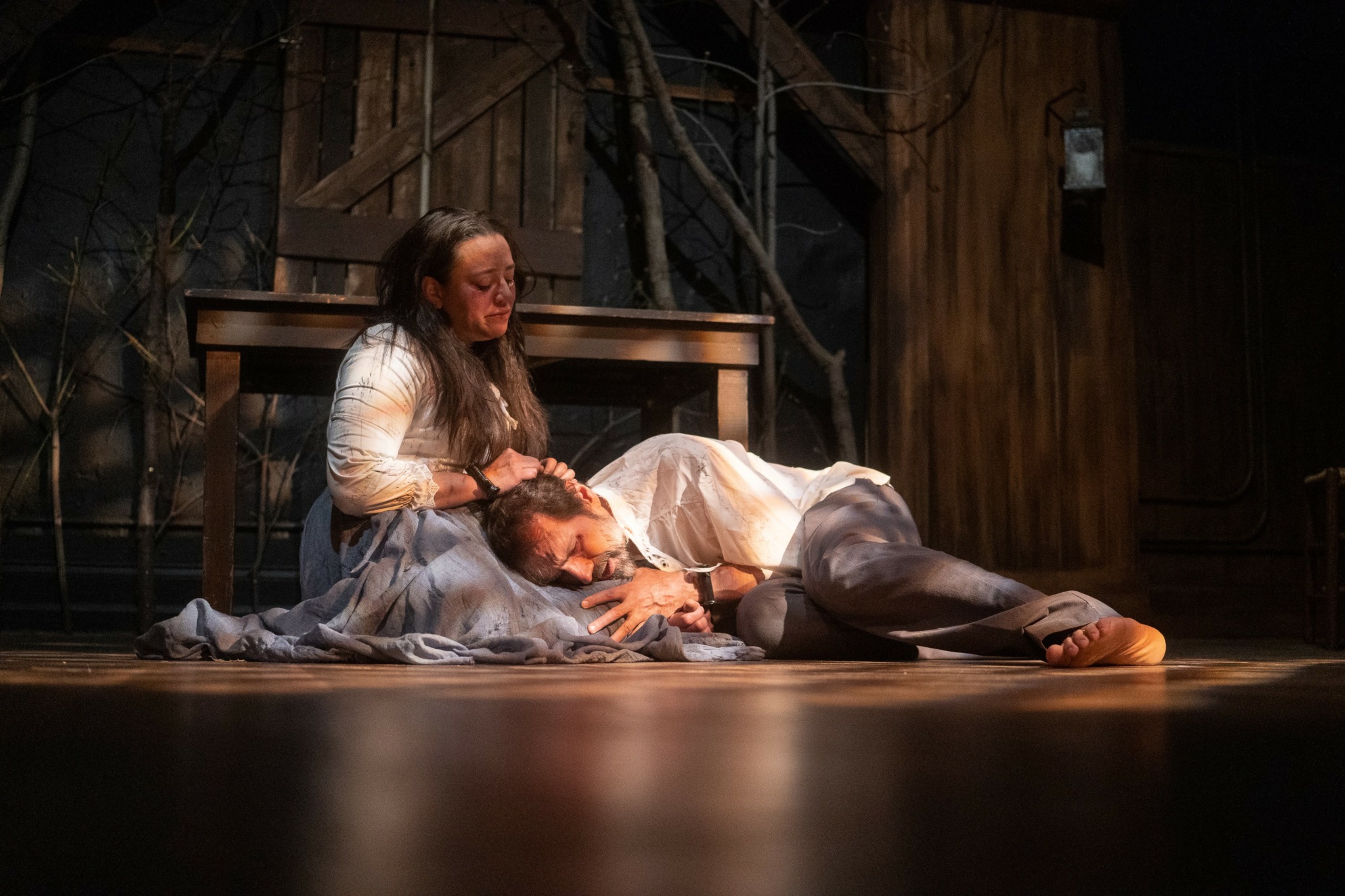
Learning and unlearning are both critical parts of growth – can you share a story of a time when you had to unlearn a lesson?
A big lesson I had to unlearn was feelings of unworthiness or that my art didn’t matter. It does. Sometimes our art affects people in ways that we will never see or be aware of. I keep thinking of the movie “It’s a Wonderful Life”, where Jimmy Stewart’s character has no idea about the positive impact he makes on the world until he sees a world without him in it. There was a long journey of overcoming feelings of inadequacy about my art and teaching myself how to trust the process rather than solely focusing on the product.
Contact Info:

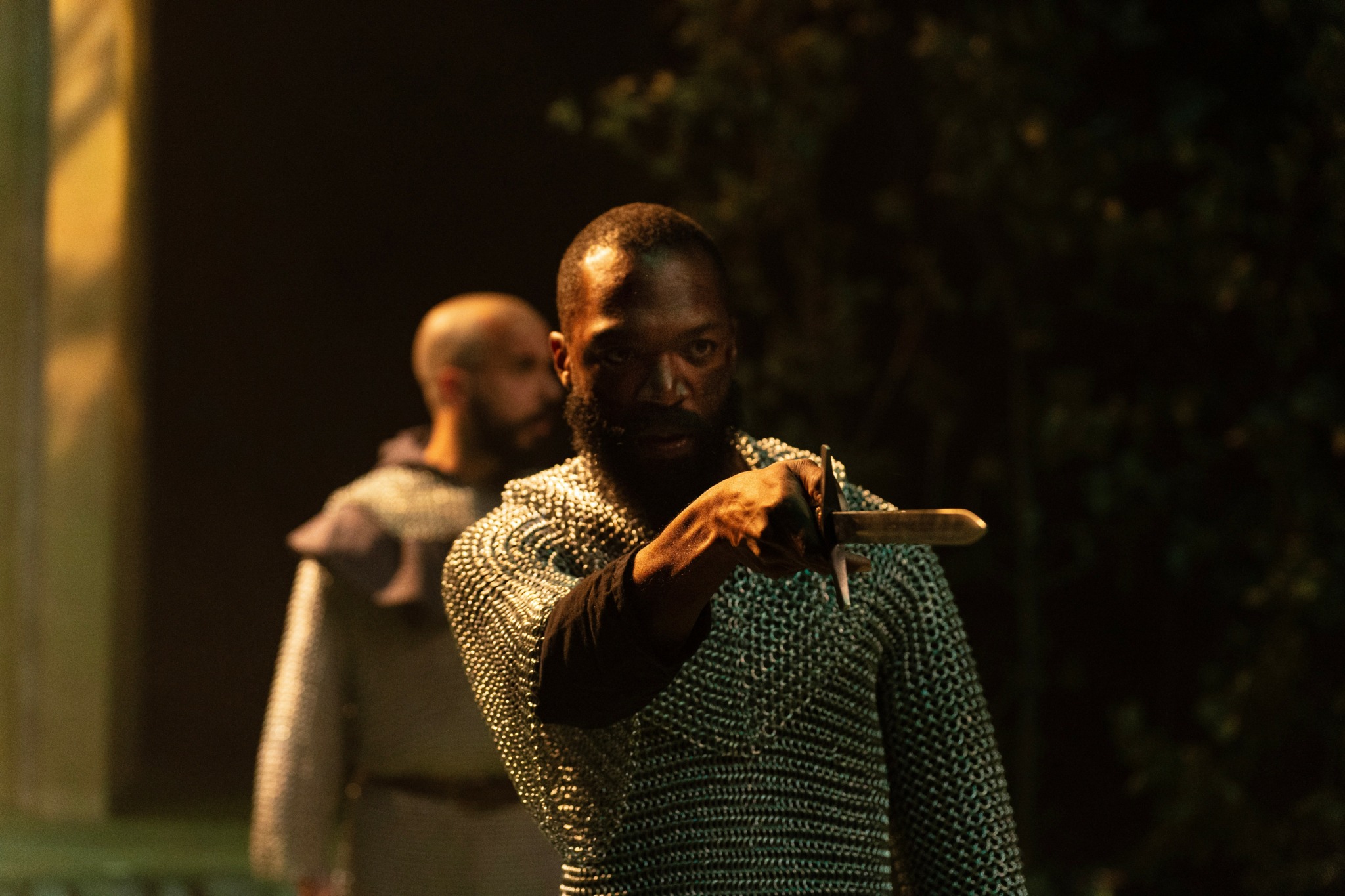
Image Credits
Photo credit: Aaron Reese Boseman Photography


